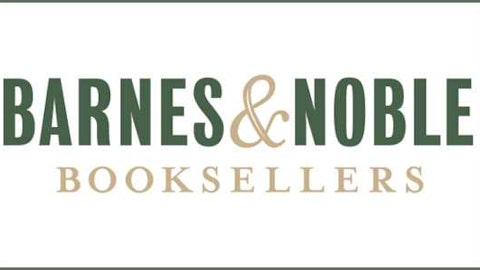Billionaire David Abrams founded Abrams Capital Management, a Boston, Massachusetts-based, value-focused hedge fund, in 1999. Prior to founding Abrams Capital, Mr. Abrams worked at Seth Klarman’s Baupost Group for ten years. From its inception in 1999 through 2014, the main funds operated by Abrams Capital have had an annualized return of 15%. Although it operates a sizable public equity portfolio, the majority of Abrams Capital’s funds are allocated towards investments in fixed income securities. The fund is well known on the Street for using no leverage and holding a large percentage of its assets under management in cash for a long time until it finds a suitable investment opportunity. Abrams Capital recently filed its 13F for the reporting period of June 30, revealing an equity portfolio worth over $1.47 billion. The fund had a highly concentrated portfolio at the end of June, with positions in just 12 stocks and more than half of the value of its equity portfolio invested in stocks from the information technology sector. In this article we are going to dissect the four largest small-cap holdings of Abrams Capital, which jointly accounted for over 22% of the value of its equity portfolio, with those stocks being Barnes & Noble, Inc. (NYSE:BKS), Opus Bank (NASDAQ:OPB), InterXion Holding NV (NYSE:INXN), and Wendys Co (NASDAQ:WEN).

The top small-cap picks of David Abrams are notable to us given the fact that it’s investors like him who add great value to our small-cap strategy system, as they are heavily invested in the success of their small-cap picks and have poured considerable resources into identifying undervalued or under-the-radar companies to invest in. We have found that collectively, hedge funds’ top small-cap picks provide a great investment opportunity, with our strategy having returned 118% since it was launched at the end of August 2012, beating the market by 60 percentage points (see the details). Don’t get sucked into the mediocre returns of more popular large-cap stocks, invest in the best ideas of the best money managers and beat the market, as the Insider Monkey small-cap strategy has each and every year since its launch.
Follow David Abrams's Abrams Capital Management
Coming back to Abrams Capital’s top small-cap picks, even though the fund increased its stake in Barnes & Noble, Inc. (NYSE:BKS) by 24% during the second quarter, it continued to remain the fund’s fifth-largest holding at the end of June. The company completed the separation of its college bookstores subsidiary Barnes & Noble Education Inc (NYSE:BNED) on August 3. Analysts expect Barnes & Noble, Inc. (NYSE:BKS) to report EPS of $0.20 when it declares its first quarterly earnings report following the Barnes & Noble Education separation, on September 9. On July 27, analysts at Craig Hallum initiated coverage on the stock with a ‘Buy’ rating and a $25 price target, which represents a potential 60% upside to the stock’s current trading price. Edward A. Mule‘s Silver Point Capital initiated a large stake in the company by purchasing over 1.5 million shares of it during the second quarter.
Moving on, Abrams Capital made no changes to its stake in Opus Bank (NASDAQ:OPB) during the second quarter. As of June 30, the fund continued to own slightly above 2.27 million shares of the company valued at almost $82.14 million. Shares of the California-based commercial bank have been on a steady rise throughout 2015 and gained 17.4% in the second quarter alone. Opus Bank (NASDAQ:OPB) came out with stellar numbers for its second quarter on July 27. While the Street was expecting it to report EPS of $0.44 on revenue of $54.43 million, it reported EPS of $0.52 on revenue of $63.10 million. On August 4, analysts at Keefe, Bruyette & Woods reiterated their ‘Outperform’ rating on the stock, while upping their price target to $45 from $37 , which represents an over 25% upside to the current share price. David Abrams is not the only billionaire who owns a stake in Opus Bank (NASDAQ:OPB), as during the second quarter, billionaire Ken Griffin‘s Citadel Investment Group increased its stake in the company by 19% to 30,728 shares.



